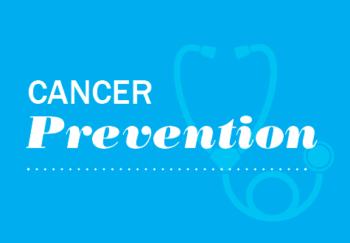
Almost 90% of adults show signs of a current or past Epstein-Barr virus infection. While it usually doesn't lead to another serious concern, EBV has connections to certain cancers, including breast cancer.
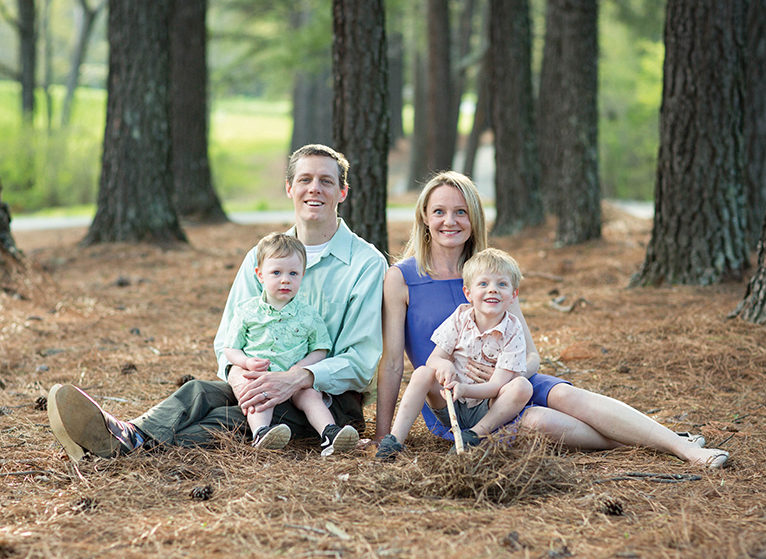
This statistic always gives me pause: About 1 in 8 of my female friends will develop breast cancer. But here’s the good news: Mammograms are now so good at picking up even the tiniest sign of cancer. This means anyone with breast tissue has an amazing chance of surviving breast cancer.
This breast cancer screening guide can get you started on the road to prevention.
Most of us should start getting regular mammograms at age 40. But some need them even earlier, like Nicole Kelleher. She started having them in her 30s. Why? She had a family history of breast cancer. Screenings discovered breast cancer when she was only 36.
There’s not one breast cancer screening guide for everyone. When and how you get screened will depend on your situation. The only rule we should all follow: Get screened.
Mammograms take an X-ray image of the breast. We now have 3D and even contrast-enhanced mammograms. These are even better at picking up breast cancer if you have dense breast tissue.
And if you’re at high risk, other imaging tools, like MRI or ultrasound, might be a better breast cancer screening for you. It’s important to discuss the best option with your provider.
Most women need a yearly screening. But Nicole needed one every 6 months. Her story has a happy ending because she was followed by our high-risk breast cancer team.
Breast cancer screening technology has come a long way. But so too has genetic testing. With a simple blood test, you can find out if you have any of the genetic mutations that might put you at high risk for breast cancer.
Ask yourself 6 key questions to see if you should see a genetic counselor.
Whether facing breast cancer or just worried about it, you’ll find expert care at UVA Health. Read on to meet the researchers, providers, and patients who have been through the journey.

Almost 90% of adults show signs of a current or past Epstein-Barr virus infection. While it usually doesn't lead to another serious concern, EBV has connections to certain cancers, including breast cancer.
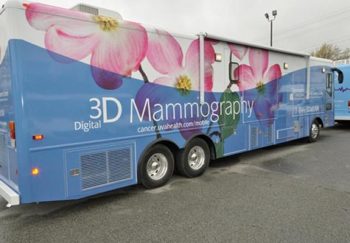
Breast cancer is the second most common cancer in American women, behind skin cancer. But a recent survey of Virginia women found that just one in eight were aware that breast density is a risk factor for cancer.

October is Breast Cancer Awareness Month, and the pink is upon us. Research proves that breast cancer screening saves lives, according to the National Cancer Institute.
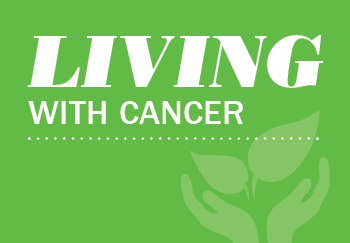
Dealing with cancer is hard on you and those around you. Cancer and divorce don’t necessarily correlate, but it can feel like the disease brought about the end. If you’re dealing with divorce during cancer treatment, you have a whole new layer of challenges. Cancer tends to intensify problems already…

This month, researchers announced a key relationship between catching breast cancer early in Appalachian states and a lack of access to primary care and hormone therapy. Researchers also looked at treatment for the deadliest form of brain cancer, controlling cholesterol levels naturally and a new clinical trial to ease symptoms of an enlarged…
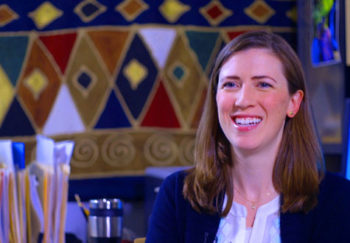
This month, researchers announced a new diagnostic test that can help physicians predict teenagers’ future risk of developing heart disease. Researchers also looked at the effects of weight-loss surgery, the heart’s reliance on blood sugar, how the Affordable Care Act benefited low-income HIV patients in Virginia and the number of…
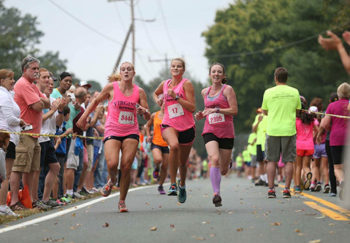
Most people recognize October as Breast Cancer Awareness Month. But maybe it should be September in Charlottesville. Every Labor Day weekend, 3,500 women run or walk four miles to raise money for UVA breast cancer prevention services, including mammograms for uninsured and low-income women. Along the way, they hear about…

Just like you have your mom’s hair color and your dad’s athletic ability, you can inherit a predisposition for cancer. Cancer genetic testing can determine if you’re likely to get cancer, especially: Breast cancer Colon cancer Ovarian cancer Pancreatic cancer Listen to a Cancer Center genetic counselor explain the testing.

The votes are in, and it’s obvious: Virginians like dogwoods, and we still think pink when it comes to breast cancer. We asked for help choosing our new mobile mammography van design, and the Virginia dogwood option led from day one. As one voter said, “It’s so Virginia!” In addition…

Get stories & health tips every week